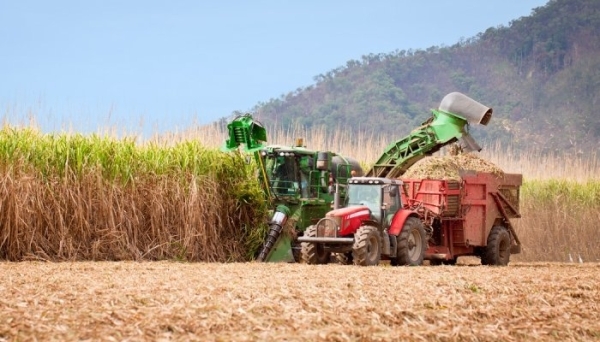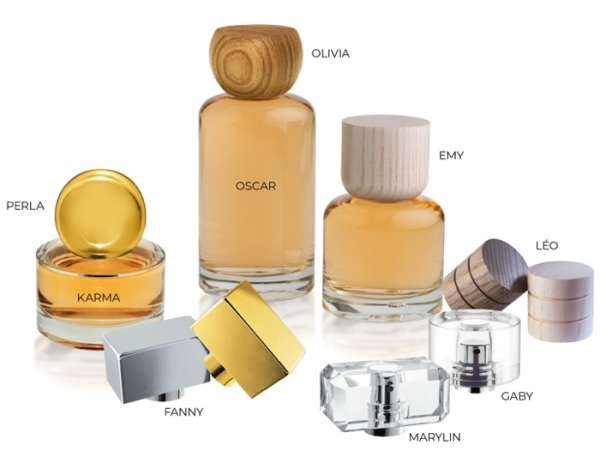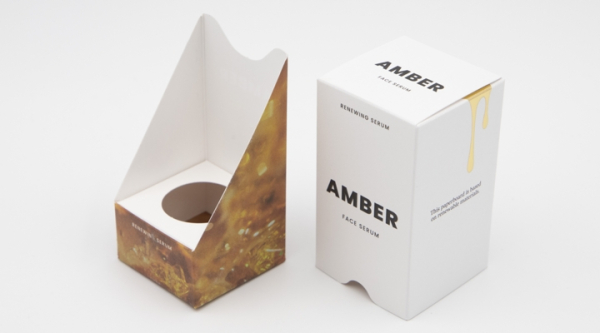
The French Greentech company has choosen Thailand for its second biobased organic acids plant. The company is entering a partnership project with Thai company Mitr Phol, a leading producer of cane sugar and its derivatives and the world’s third largest sugar producer. The two companies aim to establish a biorefinery in Thailand. The project will take the form of a joint venture 70% owned by the majority partner Afyren, with 30% held by Mitr Phol.
The agreement is expected to be finalized mid-2023, subject to agreement by the parties on the final terms of the partnership.
Thanks to their proprietary technolgy, Afyren produces organic acids using agricultural co-products as feedstock. These acids are identical (drop-in molecules) to ingredients produced using petroleum derivatives, so they can be directly substituted without changing customers’ production methods. The acids produced can be used as such, as ingredients, or transformed into derivatives for the cosmetics and perfumes industries, for example.
“With this second plant project, we are organizing our presence in a strategic region in the heart of Asia to better serve our customers,” said Nicolas Sordet, CEO of Afyren. “By partnering with Mitr Phol, Afyren is securing long-term access to a sustainable raw material from the local sugarcane industry.”
According to Afyren, Asia represents 25% of the world market for carboxylic acids. The growth of this market is driven in particular by the dynamics of the food and animal nutrition sectors. Afyren’s bio-based organic acids are used in many food products as preservatives or natural flavourings, as well as in many animal feed products, notably as an alternative to the preventive use of antibiotics.
Low carbon project
Located in the immediate vicinity of Mitr Phol’s operations, close to Bangkok, the plant under consideration will benefit from direct access to its raw materials, considerably reducing the environmental footprint associated with transport.
In addition, the plant will have access to renewable and low carbon electricity and steam, produced by cogeneration of biomass, strengthening the biorefinery and circular economy model. Like Afyren’s first plant in France, the Thai fermentation unit will not consume water, and the mineral by-products of production will be used as a high-value natural fertilizer.
With this approach, Afyren continues its commitment to produce biobased acids with a much lower carbon footprint than those produced using traditional petro-based feedstocks.
This second plant aims to have a production capacity of approximately 28,000 tons per year, representing an annualized turnover of approximately 60 million euros in full capacity. Production start-up is expected by 2025, with the timetable to be specified at the end of the engineering studies scheduled for second semester of 2023.






